Neither Israel nor Iran is backing down from an escalating conflict that has endangered civilians in both countries, and because Canada has no embassy in Iran, Ottawa is having to work from afar to support thousands of Canadian citizens stuck there.
While Canada has an embassy in Israel, it severed diplomatic relations with Tehran more than a decade ago.
Though having an embassy presence would provide Canada with certain advantages, analysts and observers say there are limits in what can be done on the ground with so much chaos unfolding.
European officials urged Iran to restrict its nuclear program hoping for off-ramp from conflict before President Trump decides whether to join Israel’s bombing campaign. Get the latest on CBCNews.ca, the CBC News App, and CBC News Network for breaking news and analysis
That said, Bruce Mabley, a retired diplomat whose postings included stints in the Middle East, says having a diplomatic presence at least allows both countries to potentially talk to one another.
“It’s stupid not to be there,” he said.
A long way to the border
Global Affairs Canada did not respond to questions from CBC News about how the lack of an embassy presence was impacting Ottawa’s efforts to support Canadians inside Iran.
But even if Canada did have an embassy in Tehran right now, that wouldn’t change the fact that flights aren’t leaving the capital. Both Iran and Israel had closed their airspaces while launching numerous attacks over the last week, though Iran recently allowed an Indian flight to leave from another part of the country, and several more were reportedly expected to follow.

Foreign Affairs Minister Anita Anand has publicly urged Canadians fleeing both Israel and Iran to head to Jordan, Armenia and Turkey.
But the journey to neighbouring nations of Turkey or Armenia is a long one for anyone living in the Iranian capital, which is hundreds of kilometres from either of those destinations.
“The border is really far away,” said University of Toronto history professor Mohamad Tavakoli-Targhi, who was born in Tehran and has family still in Iran.
He says the roads out of the Iranian capital have been jammed with people trying to flee, making that route out more difficult.
A tense journey
One of his students, Hanieh Bakhtiari, recently travelled back to Iran to visit her parents, and the fighting started days after she arrived.
Bakhtiari and her partner fled the country on a bus, in a tense, 11-hour journey to Turkey, during which she says she was “constantly watching” the skies for potential attacks.
“We were … very much scared of being attacked while we were on the road,” said Bakhtiari, who spoke to CBC’s As It Happens about her journey out of Iran.

Israel began a wave of attacks on June 13, targeting Iranian military and nuclear sites with airstrikes that have killed high-ranking Iranian generals and nuclear scientists.
The Washington-based group Human Rights Activists in Iran says that as of Thursday, at least 657 people have been killed in the Israeli attacks, and of those, at least 263 were civilians.
Iran has launched retaliatory strikes, which the Israeli military estimates have involved at least 450 missiles and 1,000 drones. At least two dozen people in Israel have been killed.
The Israeli push against Iran may draw U.S. involvement, though U.S. President Donald Trump has delayed making a decision.
One year later, CBC’s Terry Milewski has exclusive new details
The costs of cutting ties
Opinions are split among observers on whether it would be better for Canada to have an embassy in Tehran.
“Having an embassy in Tehran would not be a panacea,” said Peter G. Bates, a retired Canadian diplomat who was twice posted to Tehran and helped close the Canadian embassy there in 2012.
Phil Gurski, a former Iran intelligence analyst for Canadian spy agencies, finds himself “on both sides” of the debate.
On one hand, he says there’s a point where a line is crossed that cannot be tolerated, but when an embassy gets shut down and ties are cut, “you’re essentially flying blind.”
Gurski says there are other ways for the government to monitor events in Iran — including reviewing information from satellites, the use of signals intelligence, or conferring with friendly embassies about what’s unfolding on the ground.

Gurski, Mabley and Bates all note that when an embassy is closed, a government will typically ask an ally with an embassy presence in that same region to provide support in its absence.
However, any friendly embassy doing favours for Canada will expectedly prioritize the needs of its own citizens first.
And as things escalate between Israel and Iran, any such ally may also be getting similar requests from other nations that don’t have a diplomatic presence in Tehran.
U of T’s Tavakoli-Targhi sees a clear benefit that an embassy provides, beyond giving diplomatic staff better access to citizens abroad.
He says embassies can serve as a source of hope for people who are “in a moment of despair,” like many Canadians living in Tehran at the moment.
with-no-embassy-in-tehran-canada-reacts-to-turmoil-in-iran-from-afar

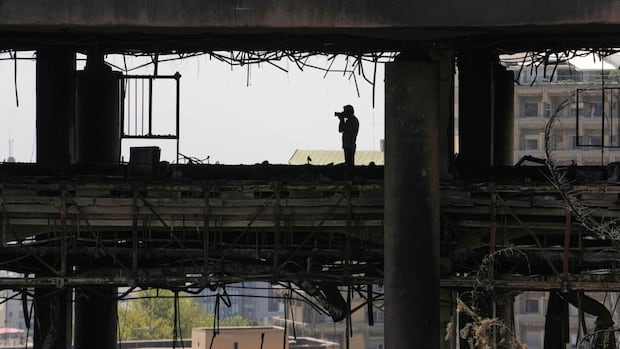


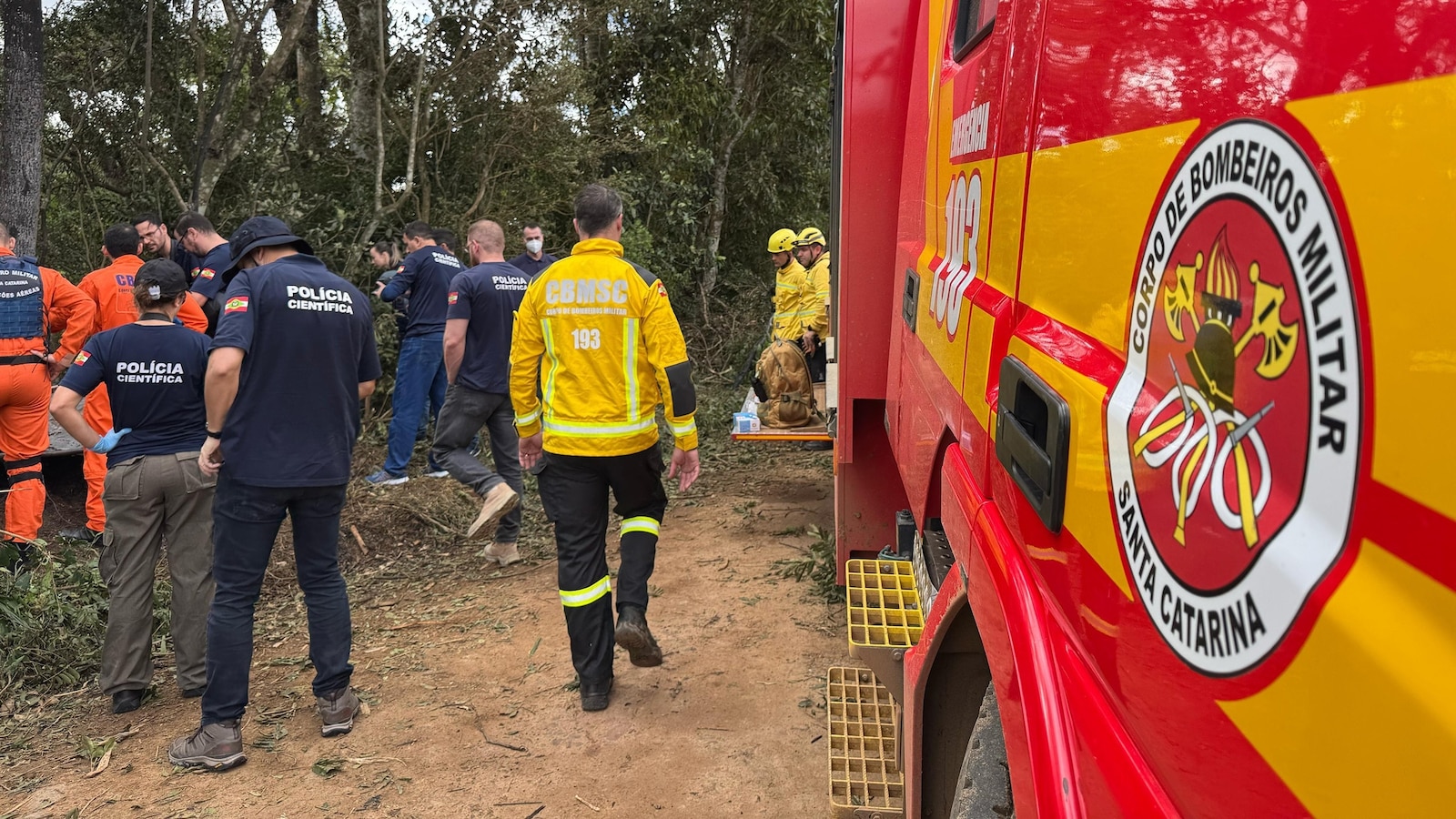

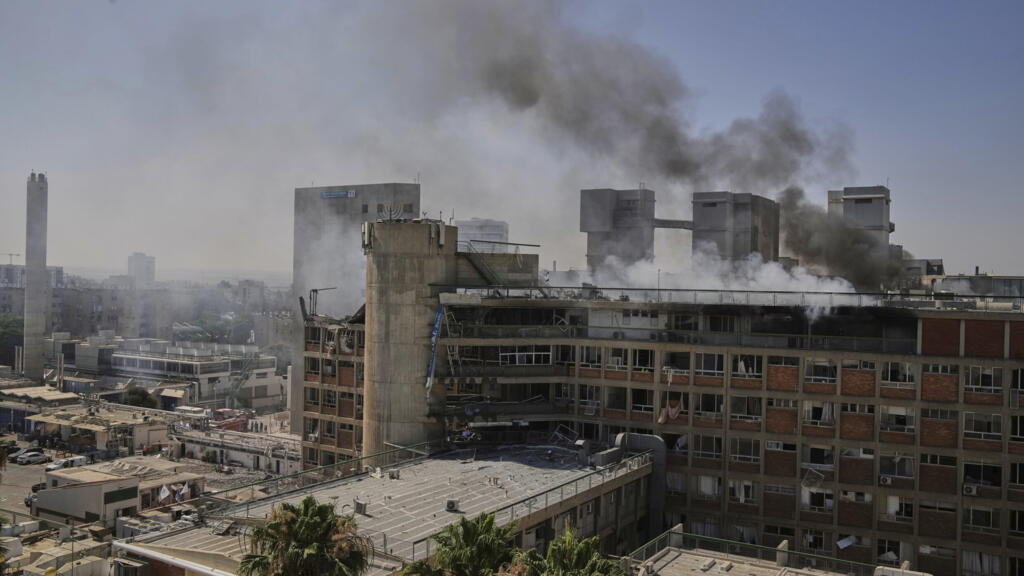
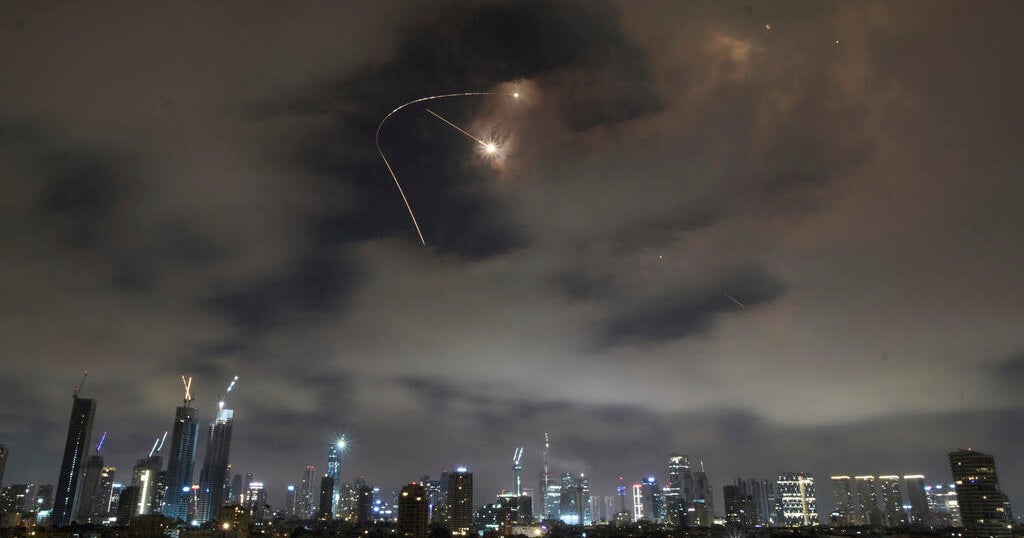
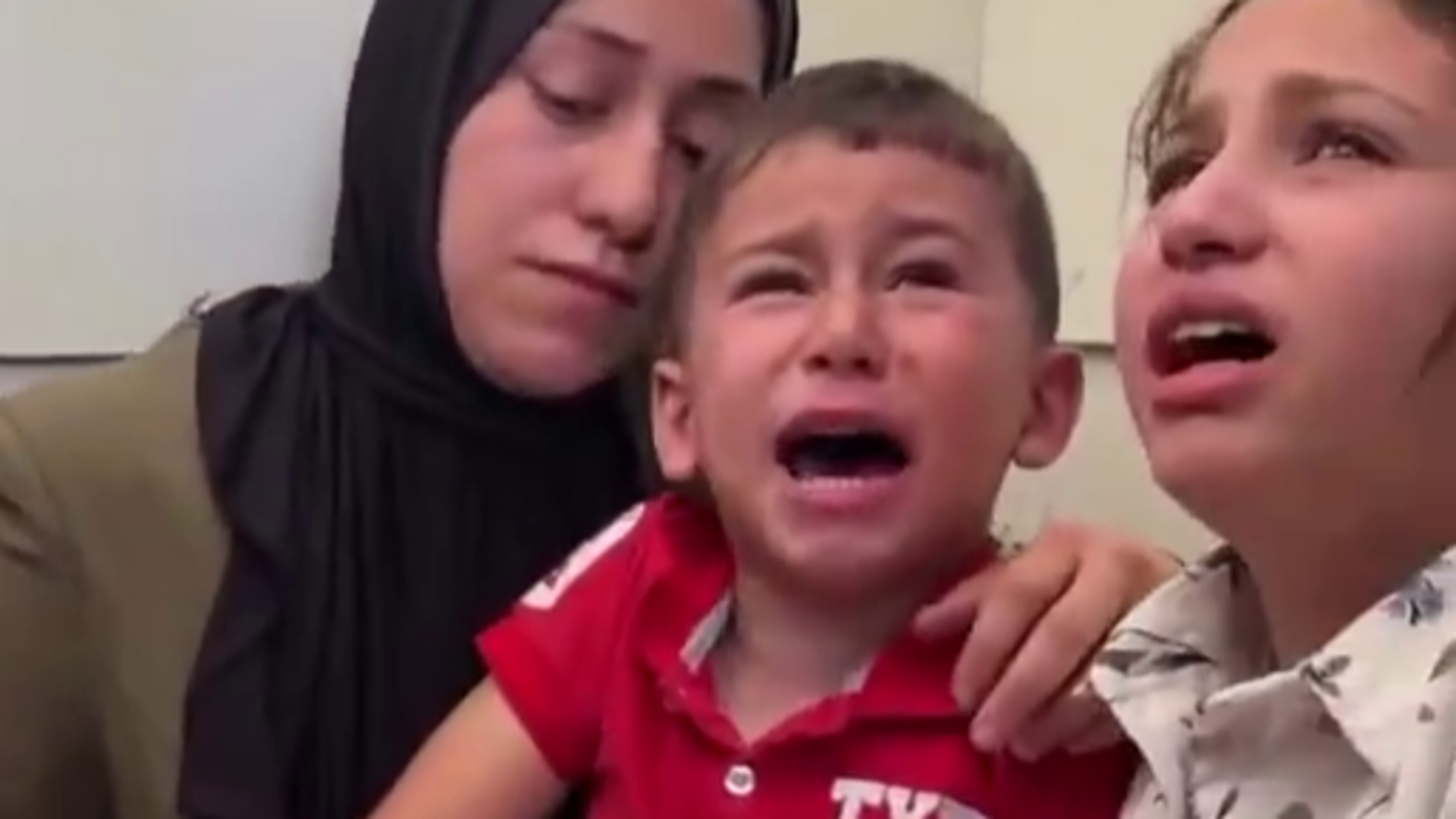



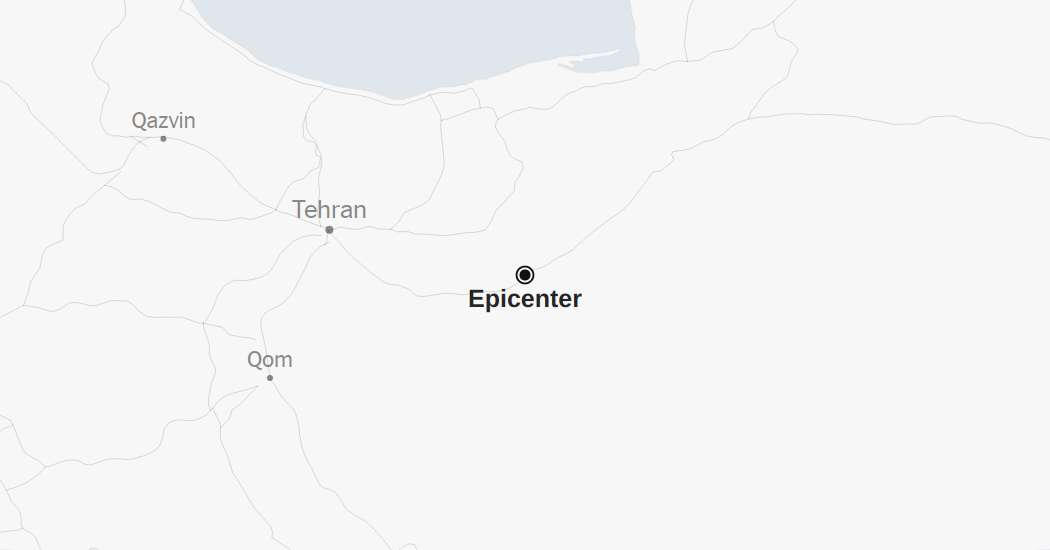
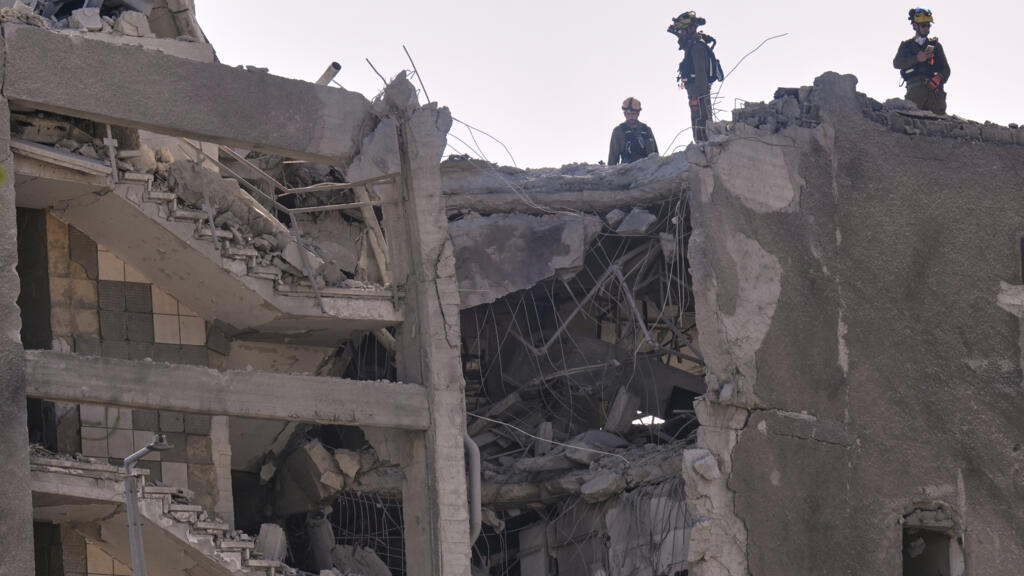



Leave a Reply